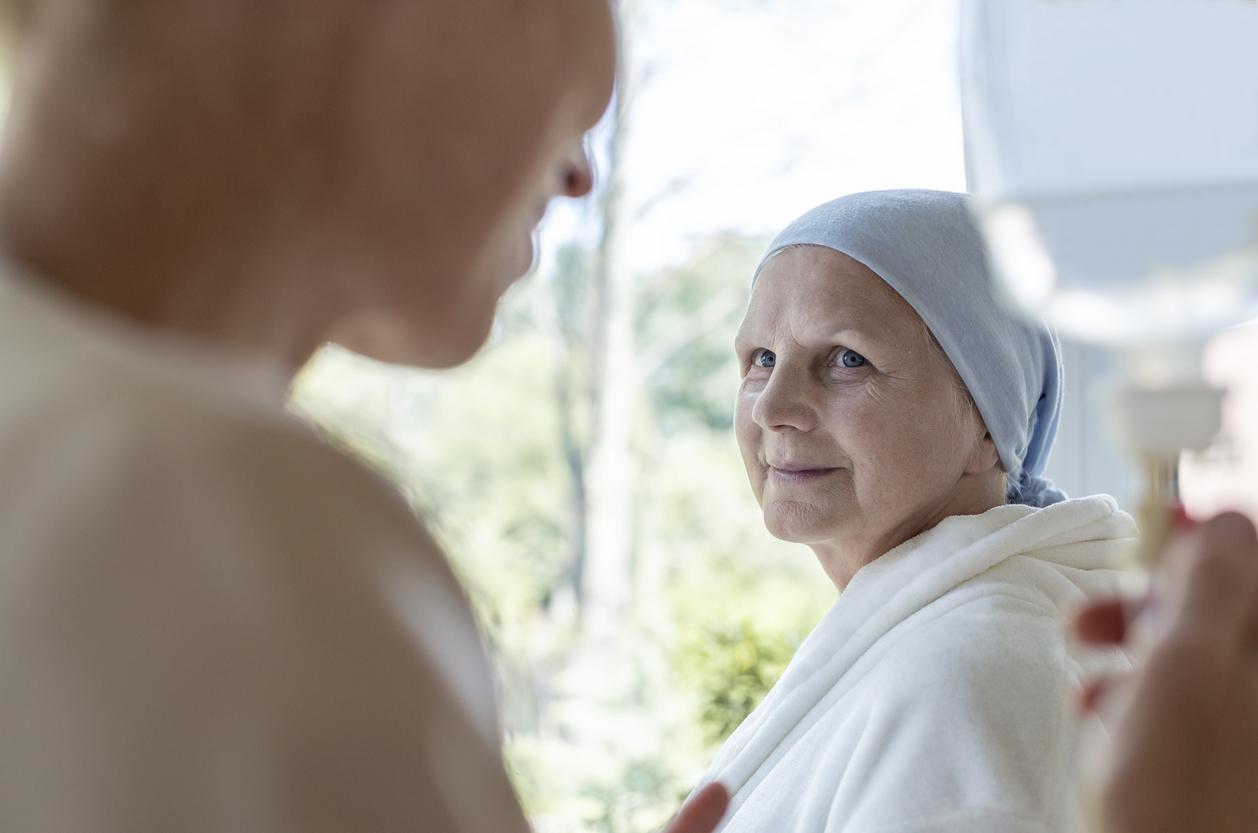Two-stage chemotherapy increases the chances of relapse-free survival by 31% of people with severe rectal cancer. A major step forward.

- The PRODIGE 23 study was conducted in patients with a recent diagnosis of locally advanced rectal cancer (stages II or III).
- It validates a primary chemotherapy strategy with FOLFIRINOX (acronym for folinic acid, 5-fluorouracil, irinotecan, and oxaliplatin) upstream of the reference preoperative radiochemotherapy.
Pr. Thierry Conroy, oncologist specializing in digestive cancers and Director General of the Lorraine Cancer Institute, publishes in the Lancet Oncology a new care protocol for people with advanced rectal cancer.
New perspectives for patients
“Since 2004, no major breakthrough has marked the management of locally advanced rectal cancers. Finally, here is one! We are happy to bring new perspectives to patients: improvement of survival without cancer reappearance, reduction significant reduction in the appearance of metastases and a reduction in adverse effects”, rejoices Unicancer in a press release.
A new protocol with two-step chemotherapy
Unlike the traditional strategy consisting of chemotherapy entirely carried out after the operation, in the new protocol, half of the chemotherapy is carried out before the operation, and the other half after. The total duration of treatment remains the same, but the order of treatment has been modified, and the preoperative chemotherapy reinforced (4 anti-cancer agents instead of 3).
Longer term survival
The benefits for patients are:
· An improvement in relapse-free survival of 31%.
· A reduction in the risk of occurrence of metastases by 36%.
Fewer serious postoperative complications and no operative mortality.
· Better tolerance of postoperative chemotherapy.
“Although not yet having enough follow-up for a definitive conclusion, extremely encouraging signs point to a marked increase in longer-term survival”, says Unicancer.

.

















